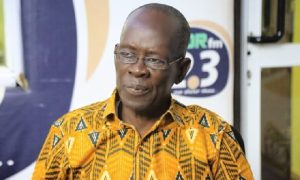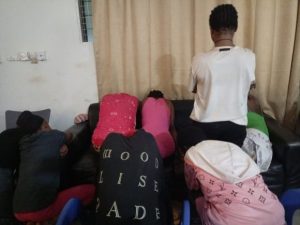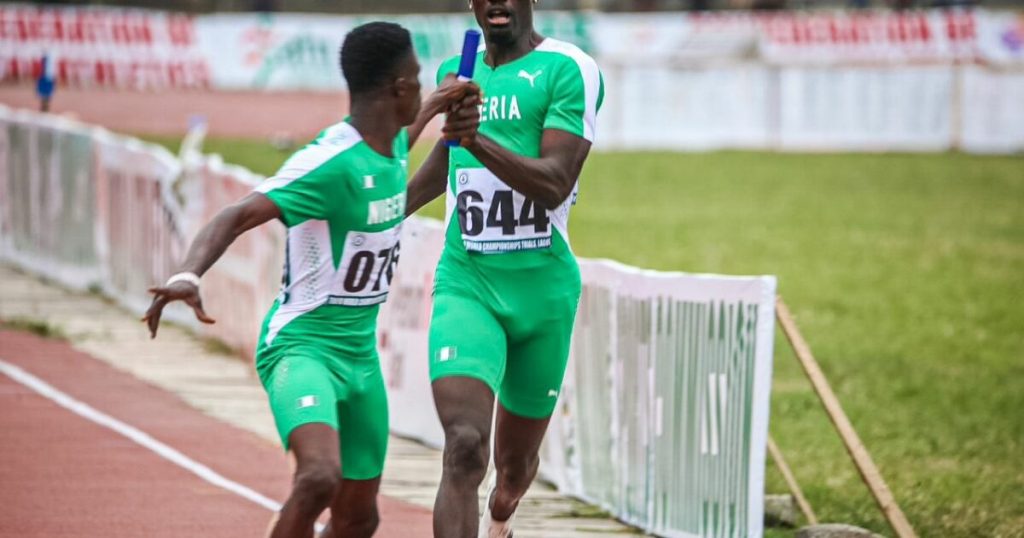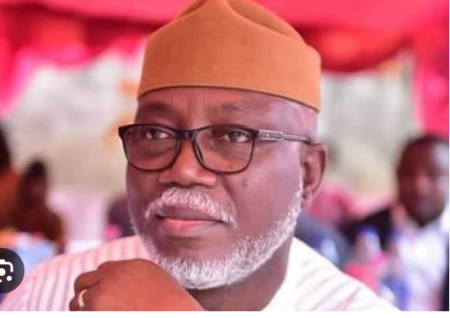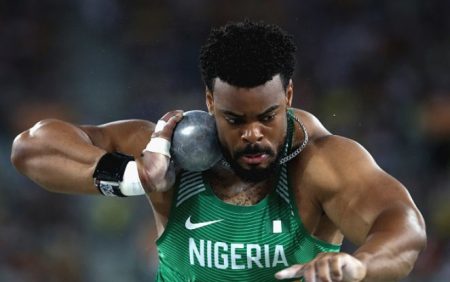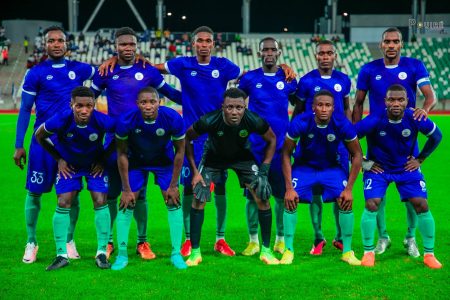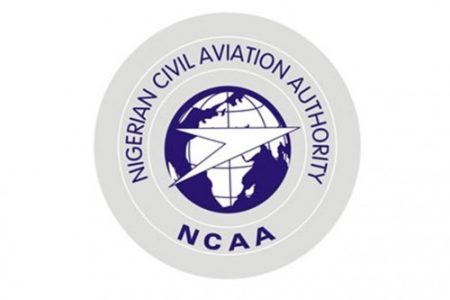Nigeria’s aspirations for automatic qualification in the relay events at the 2025 World Athletics Championships in Tokyo encountered a significant setback at the National Trials held at Yaba College of Technology, Lagos. Both the men’s 4x100m and 4x400m relay teams failed to achieve the qualifying standards, casting a shadow over their prospects. The men’s 4x400m team, despite a comfortable victory in their race, clocked a time of 3:03.68, falling short of the required 2:59.12. Their individual split times, while respectable, couldn’t combine to propel them into the top 16 globally, a crucial requirement for automatic qualification. Similarly, the men’s 4x100m team finished with a time of 40.05s, a considerable distance from the 37.87s benchmark needed to displace the Netherlands from the 16th and final qualifying spot. This was a particularly disappointing result as Nigeria entered the trials ranked 17th, clinging to the hope of improvement.
The trials also saw participation from Team Ghana, who finished third in the men’s 4x400m race, while Nigeria’s B team, composed of U-20 athletes, secured second place. This underscored the competitive nature of the event and highlighted the challenges faced by the Nigerian senior team in meeting the stringent qualifying criteria. The Lagos trials revealed a broader picture of Nigeria’s struggles across all relay categories. None of the five relay teams – men’s and women’s 4x100m and 4x400m, as well as the mixed 4x400m – currently hold an automatic qualifying position. This comprehensive failure to meet the standards set by World Athletics paints a concerning portrait of the nation’s relay program leading up to the World Championships.
Analyzing the current standings reveals the extent of the challenge ahead. Nigeria is ranked 17th in both the men’s and women’s 4x100m relays, trailing behind countries like Australia and Ivory Coast in the women’s event. The men’s 4x400m team faces an even steeper climb, sitting at 22nd in the rankings. The women’s 4x400m and mixed 4x400m teams fare slightly better but are still outside the automatic qualification zone, holding 19th and 17th positions respectively. These rankings underscore the need for significant improvement in performance and strategy if Nigeria is to secure its place in Tokyo.
Several factors contributed to the subpar performance at the National Trials. The absence of key female athletes significantly hampered the women’s and mixed relay teams, depriving them of the opportunity to field their strongest possible squads. This absence likely impacted team chemistry and overall performance potential. Furthermore, the lack of international competition in the women’s events at the trials posed a significant hurdle to qualification. World Athletics mandates international participation for relay qualification attempts, making the domestic-only field a disadvantage for the Nigerian women. This requirement underscores the importance of engaging in international competitions to gauge performance against global standards and secure official qualifying times.
Nigeria’s struggles with relay qualification are compounded by their absence from the World Relays held in China earlier in the year. This missed opportunity placed the nation in a precarious position, forcing them into a race against time to secure qualification. The Athletics Federation of Nigeria had placed high hopes on the National Trials to provide the necessary breakthrough, particularly after the men’s 4x100m team lost its qualifying position to Jamaica and the Netherlands. The failure to capitalize on this home advantage further intensifies the pressure on the team as the qualification deadline looms.
Despite the setbacks, a glimmer of hope remains for Nigeria’s relay teams. Three more opportunities to achieve the qualifying standards present themselves before the window closes on August 24th. The team is scheduled to compete at the Togo Championships, the CAA Region II Championships in Ghana, and the Ghanaian Championships. These upcoming events represent crucial chances for redemption and a final push to secure their place at the World Championships. The pressure will be immense, and the athletes will need to deliver peak performances to overcome the challenges they have faced and fulfill their aspirations for Tokyo. These competitions will serve as a litmus test for the team’s resilience, determination, and ability to perform under pressure.
Looking ahead, the Athletics Federation of Nigeria must analyze the factors contributing to the team’s struggles and implement strategies to improve performance in the remaining qualification opportunities. Addressing the issue of athlete availability, ensuring participation in international competitions, and providing adequate support and resources will be crucial for maximizing the team’s potential. The road to Tokyo is fraught with challenges, but with strategic adjustments and focused effort, Nigerian relay teams can still strive to achieve their World Championship dreams. Their success in these upcoming competitions will depend on their commitment, strategic preparation, and ability to execute under pressure. The coming weeks will be a critical period for Nigerian athletics, determining whether the relay teams can overcome their recent setbacks and seize the remaining chances to qualify for the prestigious global event.


